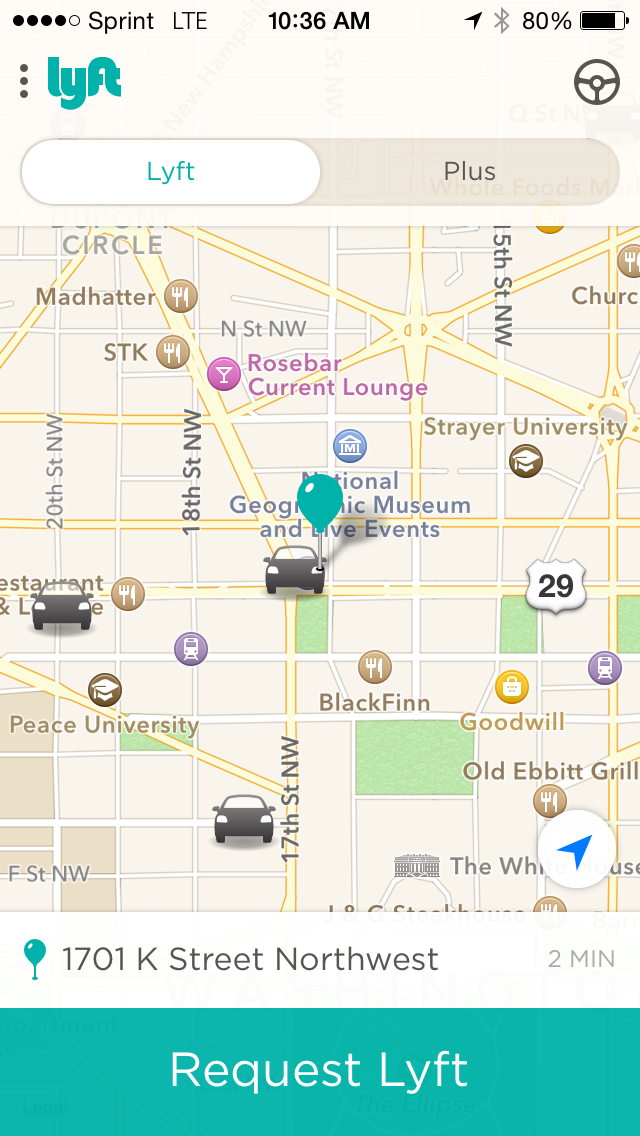Lyft drivers in California sued the ride-share company back in 2013 over their employment status. The drivers wished to be classified as full-time employees instead of independent contractors so that they would be eligible for benefits from the company. Now, over two years later Lyft has agreed to settle the class-action lawsuit.
Lyft Inc. has agreed to pay $12.25 million and change how it treats its California drivers to settle claims of unfair treatment, while rival Uber Technologies Inc. heads toward trial to fight similar demands by its drivers.
The proposed settlement would allow Lyft to deactivate drivers only for specified reasons rather than terminating them at will, according to a court filing Tuesday. Lawyers for the drivers asked a federal judge in San Francisco to approve the accord.
The agreement provides for a $12.25 million settlement fund. Drivers in California would receive a portion of the settlement based on the number of hours they have worked for Lyft.
“We are pleased to have resolved this matter on terms that preserve the flexibility of drivers to control when, where and for how long they drive on the platform and enable consumers to continue benefiting from safe, affordable transportation,” Kristin Sverchek, general counsel for Lyft, said in an e-mailed statement.
The drivers didn’t get everything they wanted in the lawsuit. They argued they were employees entitled to minimum wage, reimbursement for expenses, overtime and other benefits.
“The agreement does not make any change to the classification of Lyft’s California drivers who will continue to operate as independent contractors,” the company said in the statement.
Uber is scheduled to face its drivers at a trial in June over claims they should be treated as employees rather than contractors.
The deal indicates Lyft and Uber may be able to escape the threat of lawsuits by their drivers, a major question mark lingering over their businesses. Both companies and much of the so-called sharing economy rely on the flexible labor of independent contractors to make their business models work. In an investor prospectus, Morgan Stanley listed worker classification as a risk factor for an investment in Uber. Some investors believe the question should be resolved before either company could go public.
Lyft recently closed a $1 billion round of financing that valued the company at $5.5 billion. The round essentially doubled the San Francisco-based company’s total funding to date. General Motors contributed $500 million to the round. Uber, which is competing globally and has raised more than $10 billion, has aggressively competed with Lyft on pricing. Both companies dropped fares in cities across the U.S. this month.
The case is Cotter v. Lyft Inc., 13-04065, U.S. District Court, Northern District of California (San Francisco).


